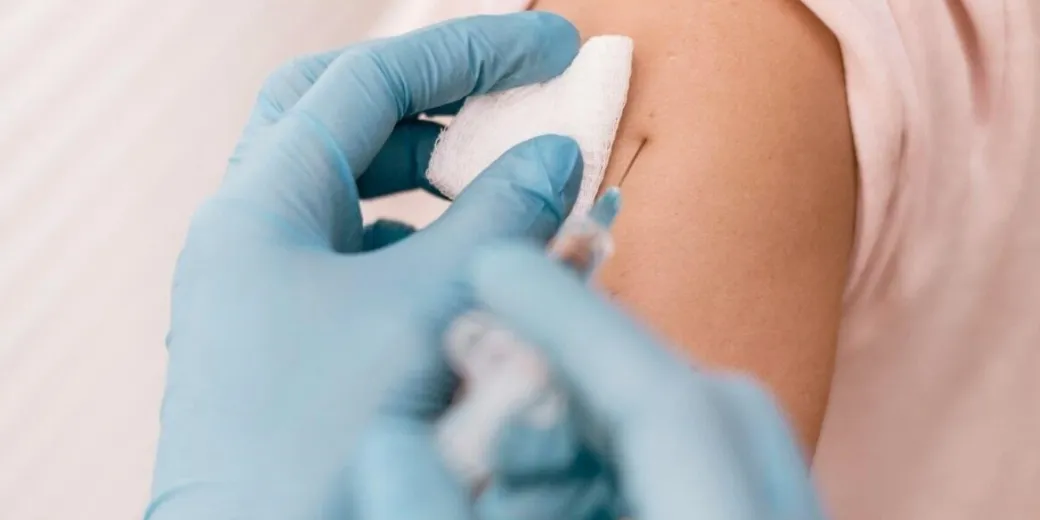Immunotherapy for Cancer

Immunotherapy cancer treatment is one of the most revolutionary approaches to attack cancer cells today. Its ultimate goal is to enable the immune system to detect and destroy cancer cells throughout the body, providing a more precise cancer treatment.
What is immunotherapy?
Immunotherapy is a cutting-edge cancer treatment that leverages the body's immune system to identify and combat cancer cells.
Unlike traditional therapies that directly target the tumour, immunotherapy boosts the natural defences of the immune system, making it more effective in recognising and attacking cancerous cells.
Types of Immunotherapy
Immune Checkpoint Inhibitors: These immunotherapy treatments work by blocking proteins that stop the immune system from attacking cancer cells. By inhibiting these checkpoints, the immune cells are unleashed to fight the cancer more effectively.CAR T-Cell Therapy: This innovative therapy involves genetically modifying a patient’s T-cells to better target and kill cancer cells. These enhanced T-cells are then reintroduced into the patient’s body, where they actively seek out and destroy cancer cells.Cancer Vaccines: Cancer vaccines stimulate the immune system to either prevent cancer from developing or treat existing cancer. They work by introducing specific antigens that trigger an immune response against cancer cells.Monoclonal Antibodies: These are lab-created molecules designed to bind to specific targets on cancer cells. Once attached, they help the immune system recognise and destroy the cancer cells.Cytokines and Immune-Modulating Agents: These substances enhance the immune system’s natural response to cancer. Cytokines, like interleukins and interferons, are proteins that play a crucial role in the regulation and direction of immune cells.Immunotherapy Side Effects
Immunotherapy side effects need prompt medical attention. The balance here is to harness the power of the immune system against cancer while minimising damage to healthy tissues.
Common Side Effects
● Fatigue: A significant number of patients report feeling overwhelmingly tired. This fatigue can range from mild to severe and might affect daily activities.
● Skin Rashes: These can be itchy or painful and are a common reaction. They often appear as red, bumpy areas on the skin.
● Flu-like Symptoms: Think fever, chills, weakness, dizziness, nausea, vomiting, muscle or joint aches, and headaches. These symptoms can sometimes be managed with over-the-counter medications, but they can be quite uncomfortable. While immunotherapy aims to target cancer cells, it can sometimes affect normal cells, leading to side effects.
Severe Side Effects
● Inflammation in Organs: This is where it gets serious. The immune system, now supercharged by immunotherapy, might start attacking healthy tissues. This can cause:
● Pneumonitis: Inflammation of the lungs, leading to symptoms like shortness of breath and cough.
● Hepatitis: Inflammation of the liver, which might manifest as jaundice (yellowing of the skin and eyes), nausea, and abdominal pain.
Cancer Treatment in Malaysia

The advancements in cancer treatment, especially immunotherapy, offer hope to patients in Malaysia by leveraging the immune system to fight cancer. While traditional therapies remain essential, immunotherapy provides a promising alternative.
Prince Court Medical Centre’s Oncology Department is at the forefront of these therapies, offering personalised treatment plans through a multidisciplinary approach. We are committed to providing compassionate care with a focus on patient quality of life.



















